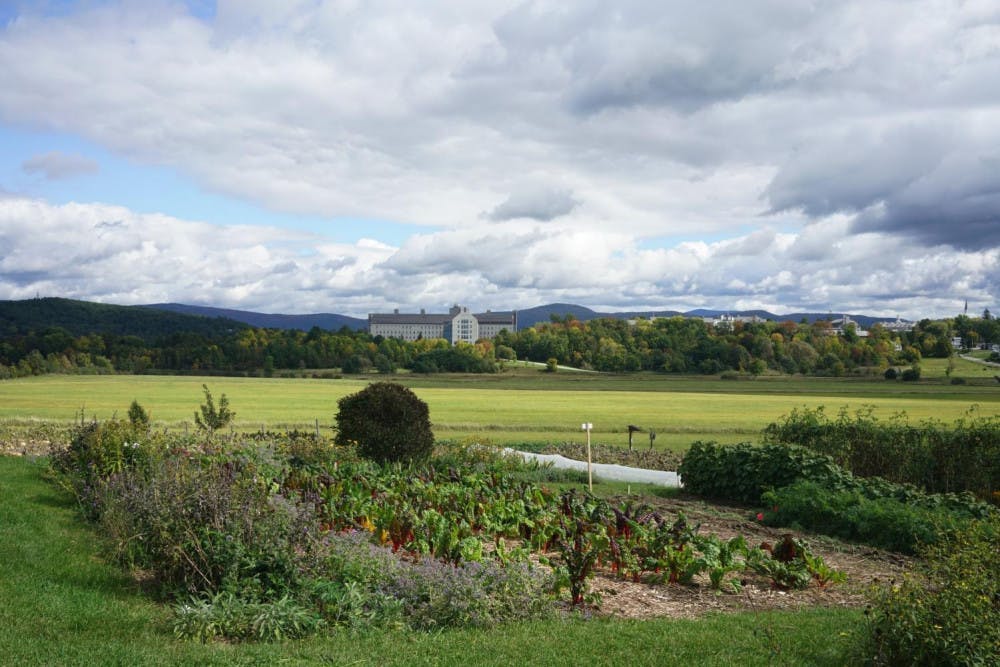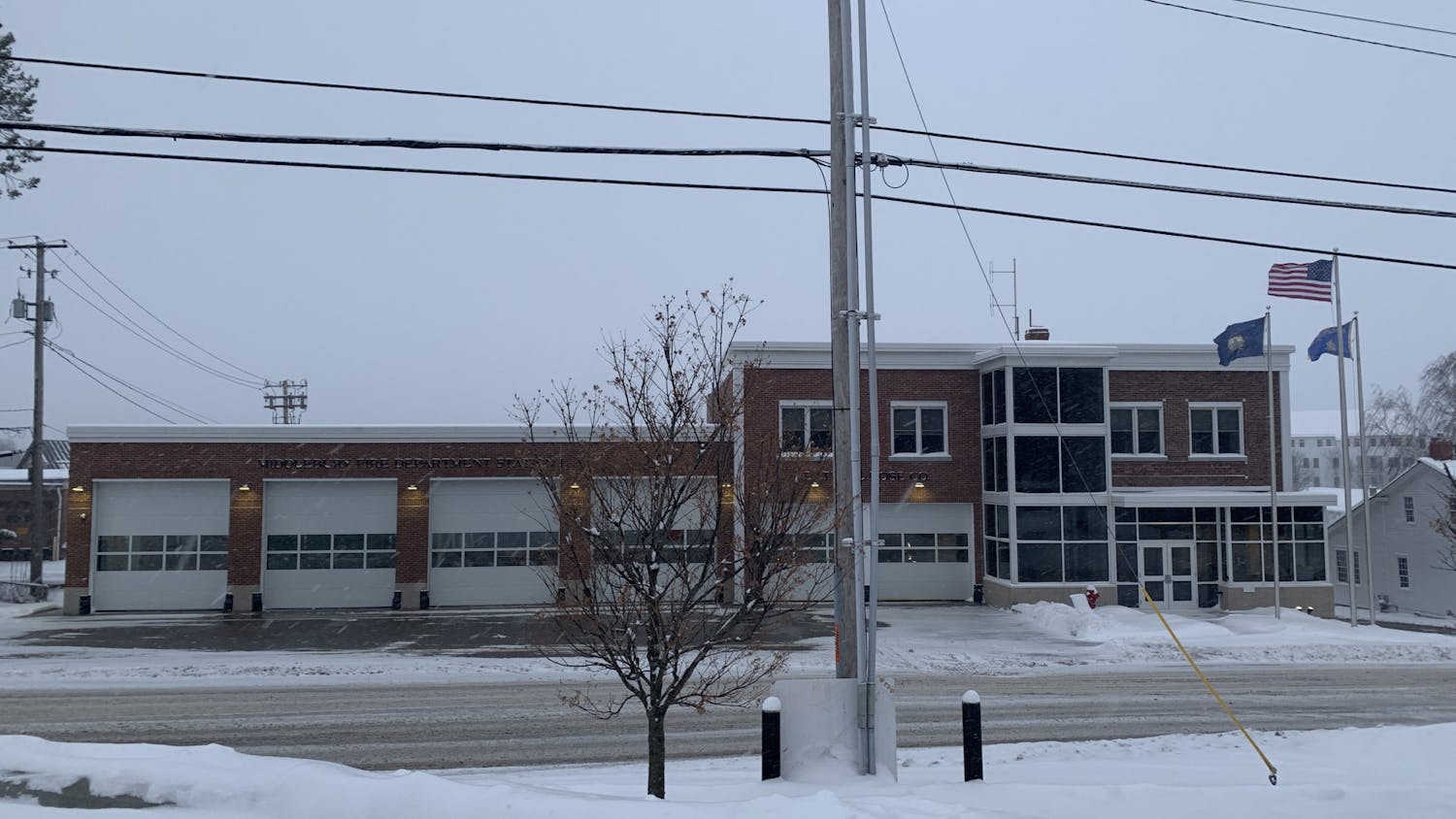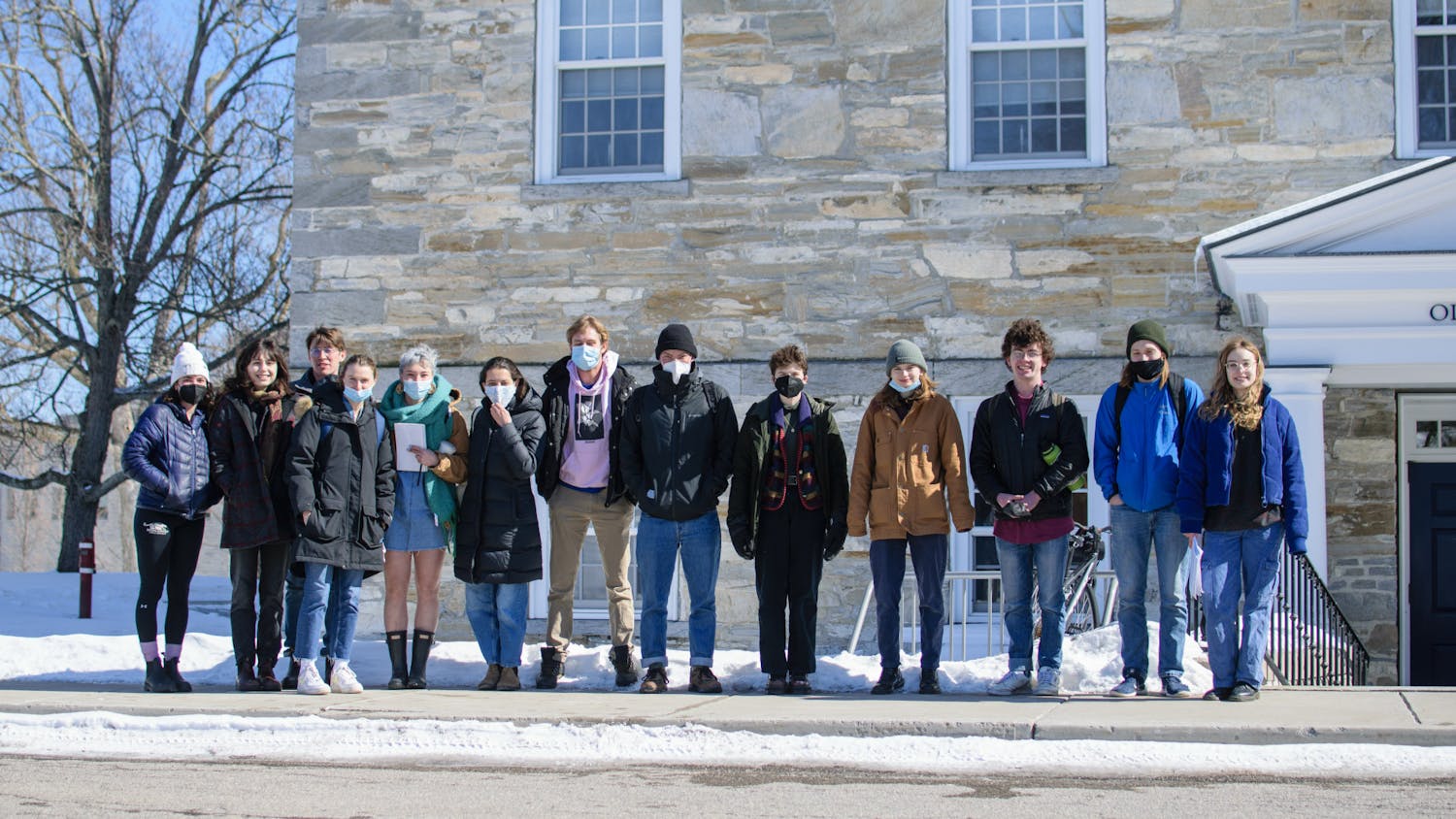Middlebury College has existed on unceded Abenaki lands for the past 222 years. Following recent conversations about decolonizing curricula and the renaming of the Middlebury Chapel, there arises the question of land repatriation. Upon recognizing the moral imperative of repatriation, the question becomes not if, but how.
In writing this op-ed, I recognize my identity as a white settler colonist and cannot speak on behalf of Native people. I instead seek to carry forth this conversation begun by many others in the college community, which includes work done by many student activists, the Twilight Project, and the spring 2021 first-year seminar taught about Middlebury College’s relationship with the Western Abenaki — so that we as a community begin to seriously consider how to go about repatriating land.
So I pause here to state the question explicitly: What would that future look like? What will it take to transfer back land? How can Middlebury further the process of material decolonization? I wish to invite settler colonists like myself to acknowledge our position, to think about our work on this land and to recognize our institutional power.
Middlebury College has already taken some steps towards redressing past wrongs and establishing a greater connection to local Indigenous people, through actions including the creation of an institution-wide land acknowledgment and the renaming of the college chapel. The Knoll has collaborated with the local Nulhegan Band of the Coosuck-Abenaki on a seed-banking project, a food security initiative and harvest ceremonies. Additionally, Middlebury has worked with the Nulhegan Band to found the Abenaki Language School as part of the Summer Language School programming and establish access to college lands for the collection of plant materials used for food, medicine, and traditional crafts.
A next step is to transfer back land into Indigenous ownership. Transferring land back into Indigenous hands is a critical component of commitment to decolonization, as land is what is most valued and contested under settler colonialism. Without land repatriation, decolonization is rendered a rhetorical device to describe the inclusion of Native knowledge, and ways of knowing, in the dominantly Western scholarly frameworks of this institution. As scholars Eve Tuck and K. Wayne Yang write, “Decolonization is not a metaphor. When metaphor invades decolonization, it kills the very possibility of decolonization; it recenters whiteness, it resettles theory, it extends innocence to the settler, it entertains a settler future.”
Middlebury is well positioned to work through the repatriation process especially because the college possesses so much land: Middlebury owns about 6,000 acres of land, approximately half of which lies in the Champlain Valley and half up in the Green Mountains. The Snow Bowl occupies about 800 acres up on the mountain, while the other 2,000 acres in the mountains are conserved forest land. However, there is an easement attached to these 2,000 acres of forest. This arrangement means the Vermont Land Trust owns some of the rights to this land (such as development rights), and these restrictions will exist in perpetuity, regardless of who owns the title.
On the other hand, opportunities in the valley could potentially be simpler. Besides the 350 acres the campus occupies, there are several small rocky or wet forest patches in the valley. Additionally, there are about 1,700 acres of agricultural lands that at present are leased to farmers with five-year leases that do not have the legal restrictions associated with an easement.
Another potential challenge of repatriation could be determining who should receive title to land that multiple tribes and peoples had used since time immemorial. The college has the most established relationship with the Nulhegan Band of the Abenaki, but there are three other state-recognized tribes, the Elnu Abenaki, the Koasek Traditional Band of the Koas Abenaki Nation and the Abenaki Nation at Missisquoi, in addition to unaffiliated Abenaki people within Vermont. Potential disagreements might arise over how and to whom land should be deeded. However, this possibility is not reason enough to not engage in the process.
Furthermore, settler questioning of tribal legitimacy mirrors harmful historical practices requiring performance of indigeneity by Native people, such as blood quantum and federally-issued identification cards proving tribal enrollment. As Chief Don Stevens, leader of the Nulhegan Abenaki Band, said, “The only three things that have to have pedigrees in this country are dogs, horses and Indians. Think about that.”
Rather than making decisions on behalf of Indigenous people while also remaining complicit in their dispossession, the college should begin the process of repatriation, starting conversations with Indigenous communities to respect their sovereignty and understand what their vision of an Abenaki decolonized future would be. The process may be politically fraught (as it always would have been), but this reality should not prevent us from actually engaging and figuring out how to navigate the thorniness of land repatriation.
Josie Bourne is a member of the class of 2021.5.
Editor’s Note: this piece was produced as part of an independent study over J-term in collaboration with Assistant Professor of Environmental Studies Mez Baker-Médard and with input from Associate Laboratory Professor in Environmental Studies Marc Lapin.




